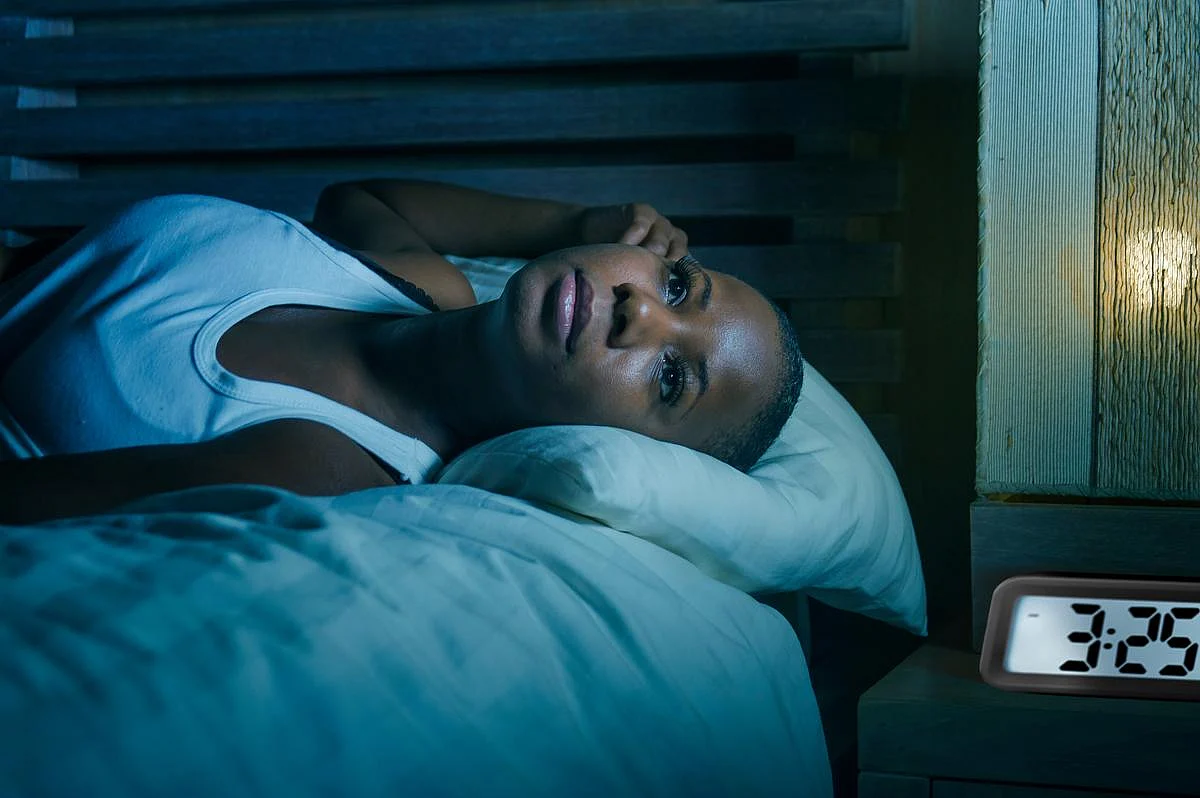14 bacterial taxa may contribute to increased risk for insomnia; eight gut bacterial taxa show protective effect
By Elana Gotkine HealthDay Reporter
WEDNESDAY, Aug. 13, 2025 (HealthDay News) — There appear to be reciprocal links between certain gut bacteria and insomnia risk, according to a study published online Aug. 12 in General Psychiatry.
Shangyun Shi, from The Affiliated Brain Hospital of Nanjing Medical University in China, and colleagues conducted a Mendelian randomization (MR) analysis using genome-wide association study datasets on insomnia, gut microbiota data from the MiBioGen alliance, and the Dutch Microbiome Project (386,533; 18,340; and 8,208 participants, respectively). The primary approach was the inverse variance weighted (IVW) technique.
The researchers found that the IVW results showed that 14 gut bacterial taxa may contribute to the risks for insomnia (odds ratios, 1.01 to 1.04), while a protective effect on this condition was seen for eight gut bacterial taxa (odds ratios, 0.97 to 0.99). Insomnia may causally decrease the abundance of seven taxa (odds ratios, 0.21 to 0.57) and increase the abundance of 12 (odds ratios, 1.65 to 4.43), as seen in a reverse MR analysis. After conducting the Steiger test, the genus Odoribacter exhibited a significant positive causal relationship. No significant heterogeneity was seen between most single-nucleotide polymorphisms in Cochrane’s Q test. In addition, according to the MR-Egger and MR-Pleiotropy Residual Sum and Outlier test, there was no significant level of pleiotropy.
“Our study offers preliminary evidence supporting a causal effect between insomnia and gut microbiota, providing valuable insights for the future development of microbiome-inspired treatment plans for insomnia,” the authors write.
Copyright © 2025 HealthDay. All rights reserved.








